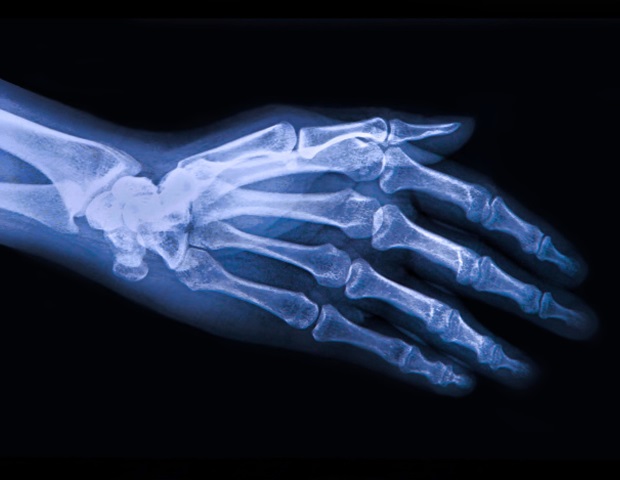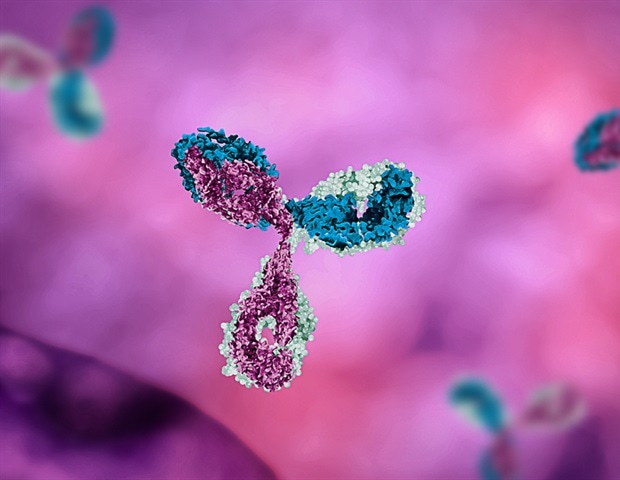New research found that the medication spironolactone, often prescribed for hypertension (high blood pressure), may reduce the risk of heart failure in people recovering from a heart attack. However, it did not significantly reduce the number of deaths or other severe heart-related events, according to late-breaking science presented today at the American Heart Association's Scientific Sessions 2024. The meeting, Nov. 16-18, 2024, in Chicago, is a premier global exchange of the latest scientific advancements, research and evidence-based clinical practice updates in cardiovascular science. This research is simultaneously published today in the New England Journal of Medicine.
The CLEAR SYNERGY (OASIS 9) trial included more than 7,000 adults in 14 countries who had experienced a severe heart attack. The trial's focus was to determine whether the routine use of spironolactone after a heart attack — regardless of whether the person had heart failure — could provide broader benefits in reducing the incidence of heart failure and death. Spironolactone is a mineralocorticoid receptor antagonist medication that blocks certain hormones.
The study was a randomized, double-blind, placebo-controlled clinical trial (meaning participants were randomly assigned to receive a test treatment or a sham/placebo treatment, and neither the researchers or the participants knew which group they were in) with four groups: spironolactone and colchicine - an anti-inflammatory medication; spironolactone and a placebo; colchicine and a placebo; or two placebos.
The trial's results found:
- The overall rates of death from heart-related issues were similar between the spironolactone groups and the placebo groups (3.2% vs. 3.3%, respectively).
- Participants taking spironolactone (with or without colchicine) had a 31% lower risk of new or worsening heart failure than people taking colchicine with placebo or two placebos (1.6% vs. 2.4%, respectively).
- High potassium levels occurred at twice the rate within the spironolactone group compared to the placebo group (1.1% vs. 0.05%, respectively), leading to more participants discontinuing medication use.
"While spironolactone didn't reduce deaths or other major heart complications after a heart attack, it did reduce the likelihood of heart failure, which is an important finding for patients and health care professionals," said Sanjit Jolly, M.D., M.Sc., lead author of the trial and a scientist at the Population Health Research Institute - a joint institute of McMaster University and Hamilton Health Sciences in Hamilton, Ontario, Canada.
Participants fared much better in this trial than in previous ones. This reflects the advances in angioplasty techniques in the overall care for heart attacks. Modern treatment approaches, including medication, stent technology and more timely interventions, have positively impacted patient outcomes."
Sanjit Jolly, M.D., M.Sc., lead author of the trial and scientist at the Population Health Research Institute
Study details, background and design:
- The study enrolled 7,062 participants between February 1, 2018, and November 8, 2022, with a median follow-up of three years.
- The average age of participants was 60, and 20% of participants self-identified as women.
- 95% had experienced a severe heart attack known as ST elevation myocardial infarction (STEMI).
- About 1 in 5 (18%) had diabetes (Type 1 or Type 2).
The research group highlighted several key study limitations. Women and people of different races and ethnicities were underrepresented in the participant pool, therefore, the results may not be generalizable to the larger population. The side effects of colchicine could have influenced a participant's decision to stop taking spironolactone. This may partly explain the higher-than-expected rate (28%) of people who discontinued using spironolactone and likely reduced the study's statistical power.

 3 days ago
1
3 days ago
1















.png)

.png)
.png)
.png)













 English (US) ·
English (US) ·  Hindi (IN) ·
Hindi (IN) ·